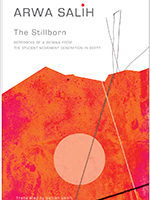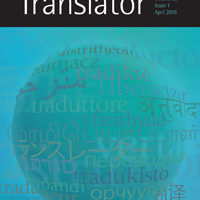Passing through

Ahdaf Souief, London Review of Books Volume 7, No. 17, 3 October 1985 To download Arabic translation, by Abdelhamid Elewa, click here: Souief Golding Arabic translation An Egyptian Journal , by William Golding. Faber, 207 pp., £12.95, July 1985, 0 571 13593 5 About ten years ago, on a previous visit to Egypt, William Golding arrived at ‘a simple truth:
» Read more
